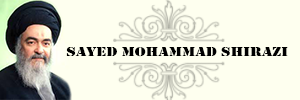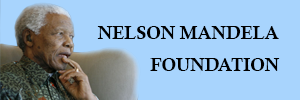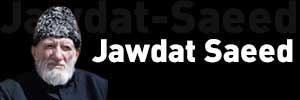The National Front has been around for forty-five years. The party has went through many changes since 1972. The party’s leader at the time was Jean Marie Le Pen who introduced anti-Semitic values and economic liberalism policies to the party. In 2011, daughter of former leader Jean Marie Le Pen, Marie Le Pen, decided that she would lead the party in a different direction. Her father’s anti-semitism rhetoric was a negative image for the party, and she believed that she could change the party’s direction. For the past several years, between Jean Marie Le Pen and Marie Le Pen, Marie is the lesser evil. Under her leadership, she has worked towards a de-dominzation of the party in order to broaden its base. This has resulted in a shift from anti-Semitism to an anti-immigrant, islamophobic position, and a shift from economic liberalism to a policy of protection of the French people against globalization . Marie Le Pen’s 9 policies and her leadership helped the National Front grow its base of support.
The National Front had some periods of low-support, but for the most part the party seems to be climbing the ladder. From 2015 to present time, the party has surprisingly lost its sphere of influence. The most recent parliamentary elections between Marie Le Pen and Emmanuel Macron, indicates that the National Front is either destabilized or ready for change. On May 07,
2017 Macron won the election with 65.5 percent of the votes to her 34.5 percent10. As seen in the history of presidential elections in the party, expect there to be changes for the National front
Party. Already, reporters have made comments to Macron and his new cabinet who have decided
to change the name of the right wing populist party. The changes that have been made to the party do not make the party more or less of a threat to the political system. The National Front Embodies an ideology that is threatening to Europe’s liberal democracy and the new changes that come with the party could potentially strengthen the party’s original extremist views.










